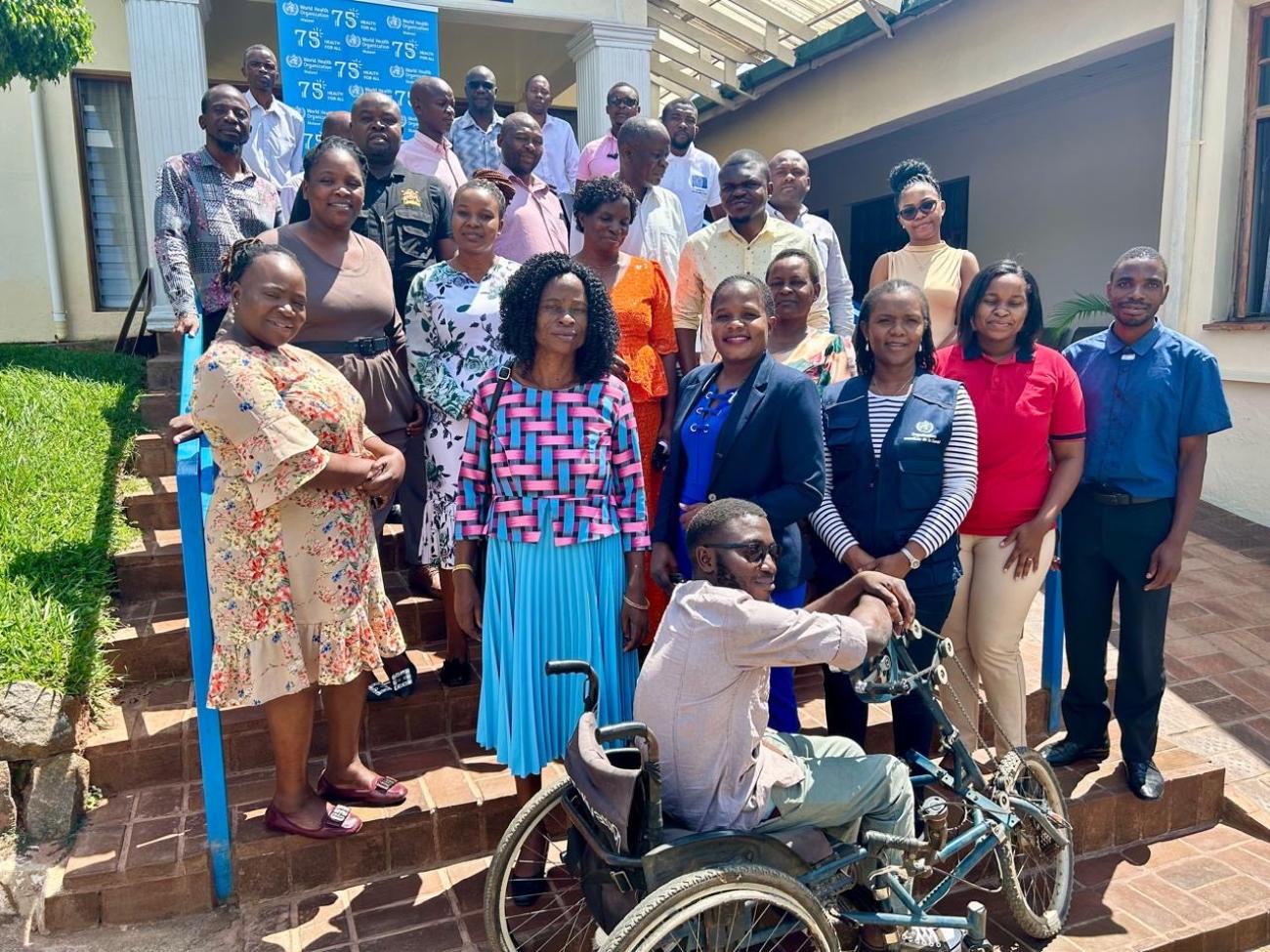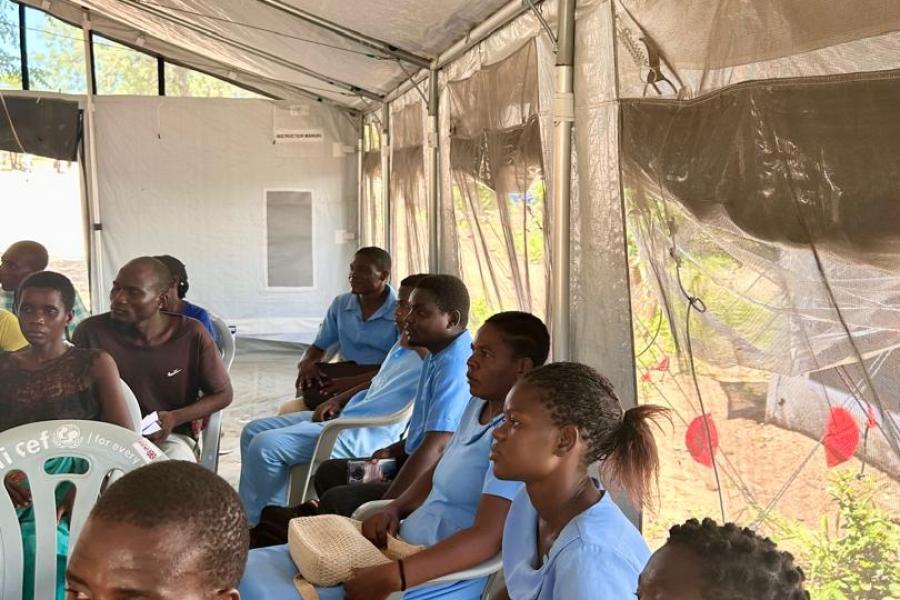Strategic Gains in Gender Equality: WHO Malawi Strengthens PSEAH Collaboration with Government and Partners

WHO Malawi is contributing to a safer, more equitable health environment for all
WHO Malawi Country Office has made significant strides in advancing gender equality and safeguarding vulnerable populations through its strengthened collaboration with the Government of Malawi and key stakeholders in PSEAH (Protection from Sexual Exploitation, Abuse, and Harassment) initiatives.
Recognizing that gender equality is central to effective and ethical health service delivery, WHO Malawi has adopted a multi-sectoral and inclusive approach. The organization continues to contribute towards building national capacity and promoting accountability within the health system and beyond, especially in humanitarian and emergency-prone settings.
Building Institutional Capacity for Gender-Responsive PSEAH Action
In close partnership with the Ministry of Gender, and the Malawi Human Rights Commission, WHO Malawi supported a comprehensive series of PSEAH capacity-building activities. These trainings targeted a wide array of actors, including health workers and community volunteers operating in refugee camps, as well as traditional and religious leaders in districts vulnerable to climate-related emergencies and displacement.
These sessions emphasized survivor-centered approaches and sought to deepen understanding of gender dynamics, power imbalances, and the vital role of community leaders in fostering protective environments.

Empowering Health Sector Leadership on PSEAH
WHO Malawi recognizes the health sector as a key collaborative partner for advancing PSEAH awareness and accountability. In collaboration with the Ministry of Health, 60 members of District Health Management Teams (DHMTs) across the count received in-depth PSEAH training. As frontline health leaders, these individuals are now better equipped to act as champions of gender equality and uphold PSEAH principles in their respective districts.
The training covered ethical conduct, complaint mechanisms, and leadership responsibilities in preventing and responding to sexual exploitation and abuse in health settings.
Culturally Sensitive PSEAH Messaging and Policy Development
Understanding the importance of accessible and culturally appropriate communication, WHO Malawi has embarked on an exercise with the Health Promotion Division to develop PSEAH IEC messages in local vernaculars for use in print and non-print communication mediums. This will ensure that communities across Malawi, particularly in rural areas, are aware of their rights and know how to report abuse safely and confidentially.
Additionally, WHO Malawi is providing support to the Ministry of Health in the ongoing preparations to develop a comprehensive safeguarding policy. This policy will institutionalize standards for prevention, response, and accountability mechanisms across all health services—further aligning the sector with global best practices and human rights obligations.
A Strategic Path Toward Gender Equality
These initiatives underscore WHO Malawi’s commitment to advancing gender equality by embedding PSEAH principles within the health sector and national emergency preparedness and response frameworks. By fostering strong partnerships with government institutions, human rights bodies, and community leaders, WHO Malawi is contributing to a safer, more equitable health environment for all, especially women, girls, and other marginalized populations.
The strategic collaboration between WHO and its partners not only enhances protection mechanisms but also sets a foundation for sustainable gender-transformative change across Malawi’s health systems and communities.



